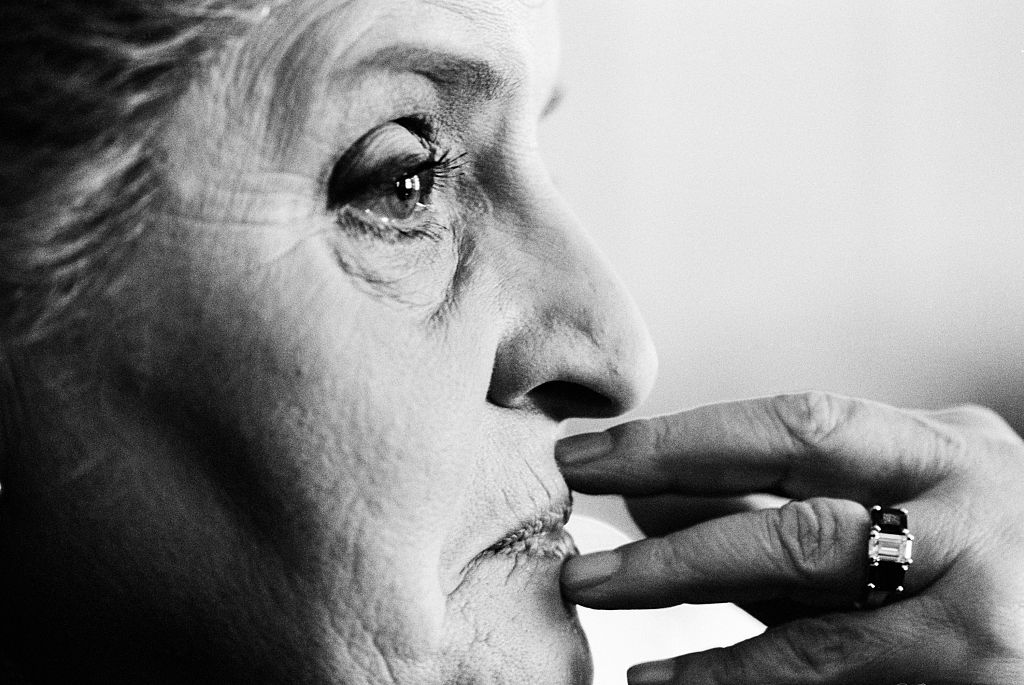
WASHINGTON, DC – Madeleine Albright, the first female secretary of state in the history of the United States, died on Wednesday (23 March) of cancer. She was 84 years old. She left behind a world in which war was once again in Europe, with Russia attacking one neighbour and menacing others. She also left behind a Europe – and in particular its central and eastern parts – that was unquestionably more secure and integrated than it would have been had she never worked in Washington.
Albright was born Marie Jana Korbelová in 1937. She came with her family to the United States from what was then Czechoslovakia in the 1940s as a refugee. Decades later, in Bill Clinton’s administration, she was US ambassador to the United Nations from 1993 to 1997 and then US secretary of state from 1997 to 2001 (it was in the second capacity that she was presented with proof that her family had converted from Judaism to Roman Catholicism in the Second World War). In both capacities, she championed progress, democracy and security in the part of the world from which she once had fled.
She is remembered fondly by many in Bosnia and Kosovo. In 1995, she presented the first evidence to the UN of the mass killings at Srebrenica by Bosnian Serb forces. Four years later, she advocated for the 1999 Nato bombings to stop the killing of ethnic Albanians by Yugoslav forces. After her passing, Kosovo’s President Vjosa Osmani said, “She gave us hope when we didn’t have it.” A statue was erected in the Kosovan capital Pristina in her honour 20 years after the conflict.
If support for Nato bombings is controversial, her positions on other conflicts present a still more complicated picture. Albright wrote in her 2003 memoir that her “deepest regret from my years in public service is the failure of the United States and the international community to act sooner” to prevent genocide and rape in Rwanda in 1994. And when she was asked in 1996 whether the death of half a million children in Iraq as a result of US-led sanctions was worth it, she answered, “I think this is a very hard choice,” then went on, “but the price, we think, the price is worth it.”
Albright apologised for the statement many times over (“Better I had cut out my tongue,” she wrote in her 2020 book Hell and Other Destinations: A 21st Century Memoir). But more damning than the statement was the callous policy it was defending. The cruelty is all the more marked standing in such sharp contrast to her work elsewhere.
“Few of the world leaders did so much for our country as Madeleine Albright,” Czech prime minister Petr Fiala said on Wednesday. The same can be said of central and eastern Europe more generally. Now, some 30 years later, it is perhaps taken as a given that the Czech Republic and Slovakia – and Hungary and Poland – are wholly part of European institutions. But this was history yet to be written in the 1990s.
It would have been easy for the secretary of state of the mighty United States to focus on other, bigger countries. But Albright visited the country of her birth repeatedly after 1989. She accompanied Clinton on his trip to Prague where, in 1994, it was a question not of if Nato would expand, but when. She then helped win support for Senate ratification of Nato expansion. The Czech Republic, Hungary, and Poland joined in 1999. Slovakia, under aspiring autocrat Vladímir Mečiar, was deemed by Albright to be a “black hole in the heart of Europe”; Slovaks ousted Mečiar in 1998, and the country joined Nato in 2004.
“Take it from someone who fled the Iron Curtain,” she told the Democratic National Convention in 2016. “I know what happens when you give the Russians a green light.” In her final opinion piece, published prophetically on 23 February, she warned: “Mr Putin’s revisionist and absurd assertion that Ukraine was ‘entirely created by Russia‘ and effectively robbed from the Russian empire is fully in keeping with his warped world-view.” Twenty-four hours later, Russia launched its invasion of Ukraine.
There are some in the United States and Russia who speak of spheres of influence. But Albright understood that those spheres are full of individual lives, and that to shrug over the fate of a country or a region is to shrug about the people there too.
There is a question one comes across often in foreign affairs: why should the average American care about this? What Albright knew was that every place had average citizens who didn’t have a choice but to care about what was happening to them. She knew it not only intellectually but through lived experience, which she kept and carried with her even after becoming a decidedly un-average American herself.
[see also: Putin’s war risks a “clash of civilisations” – the West must not fall into his trap]



